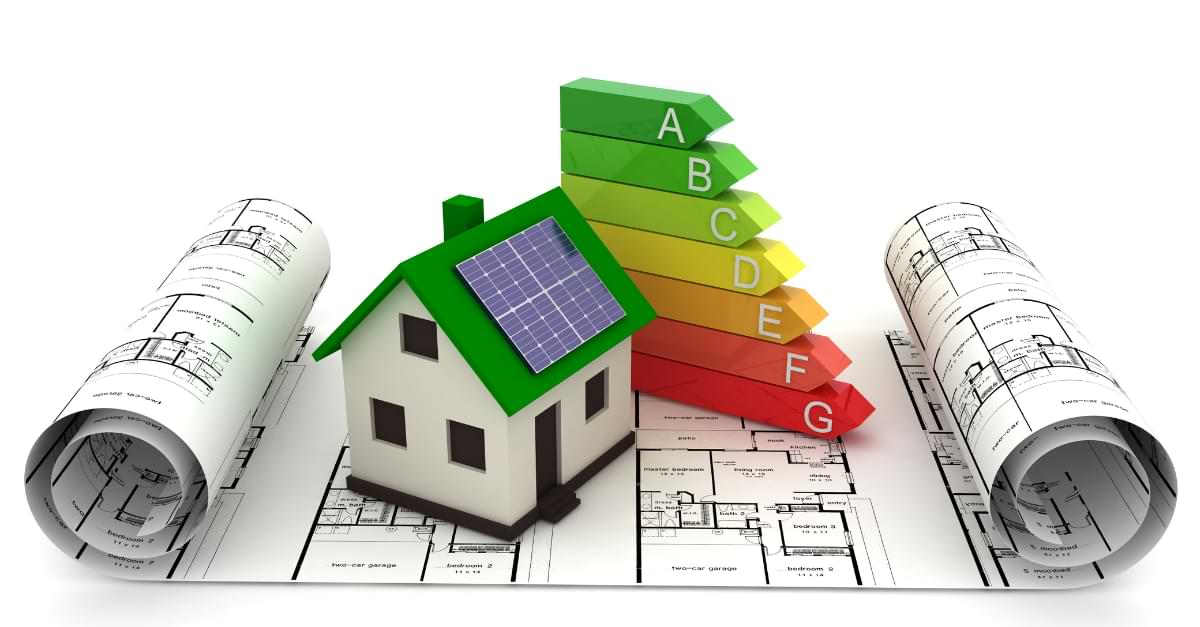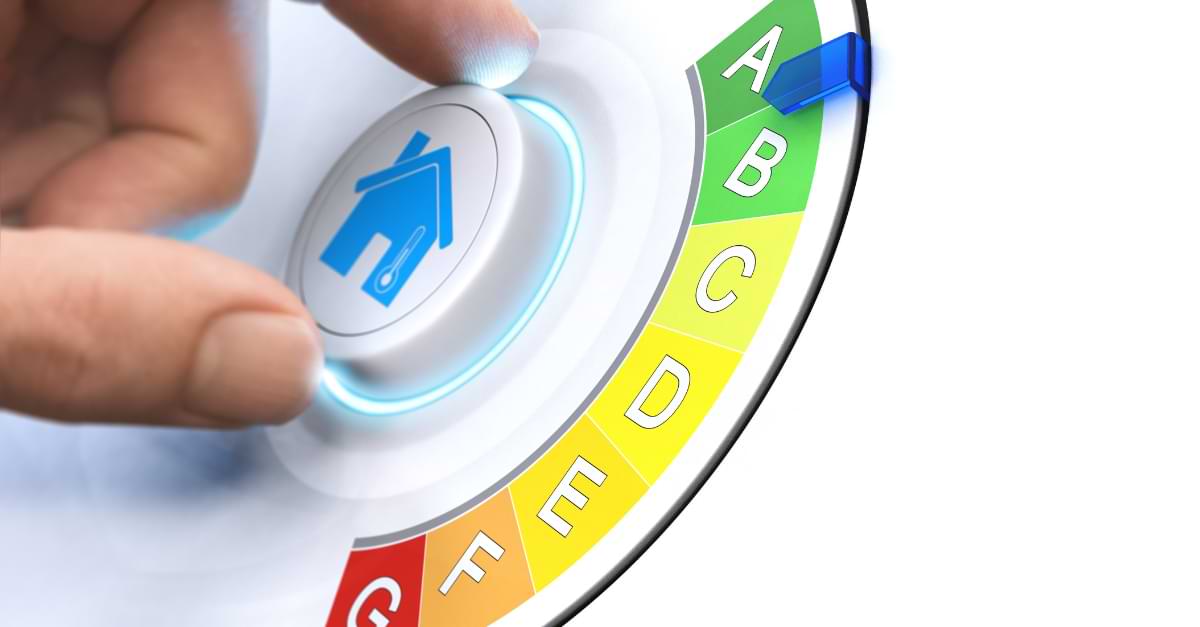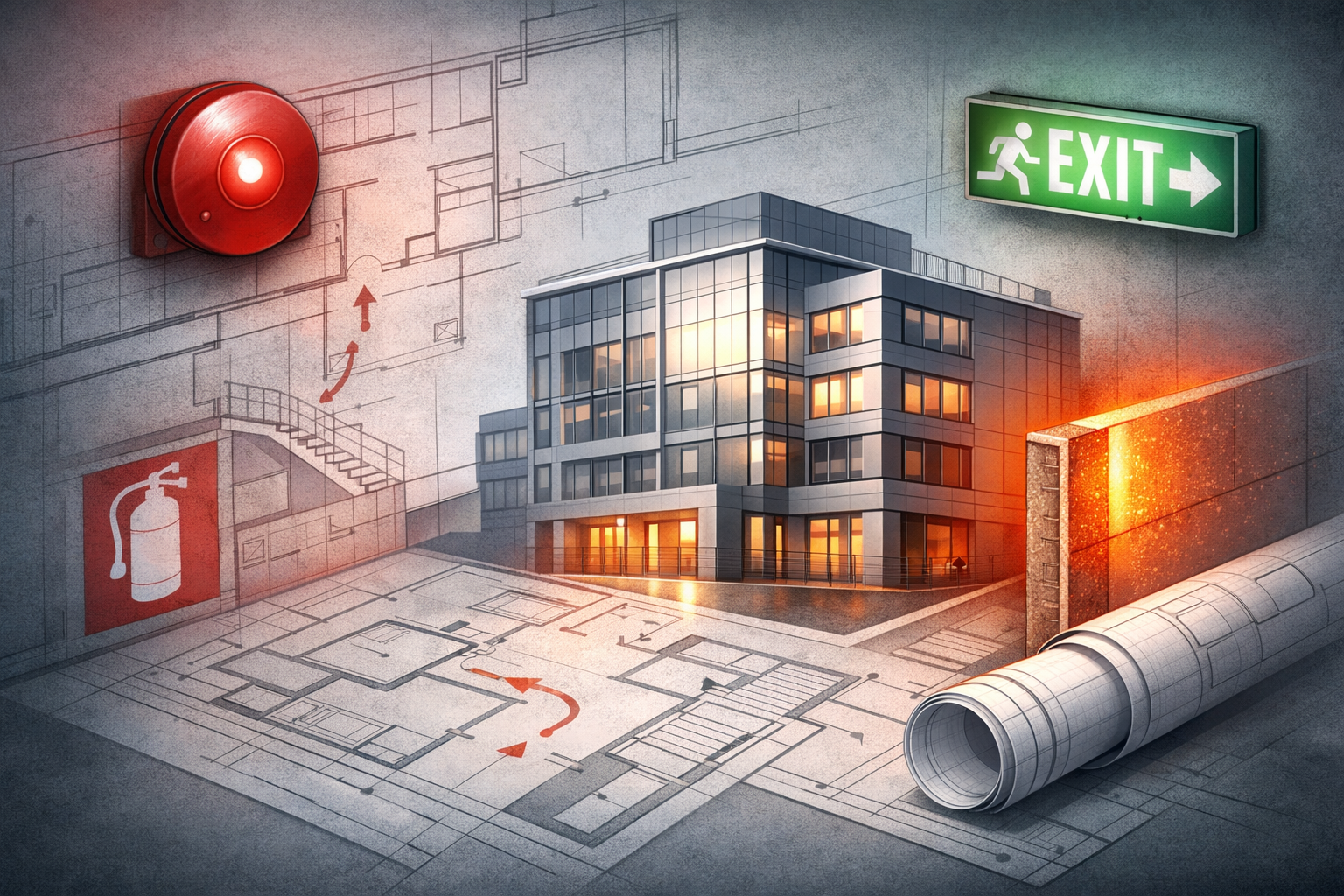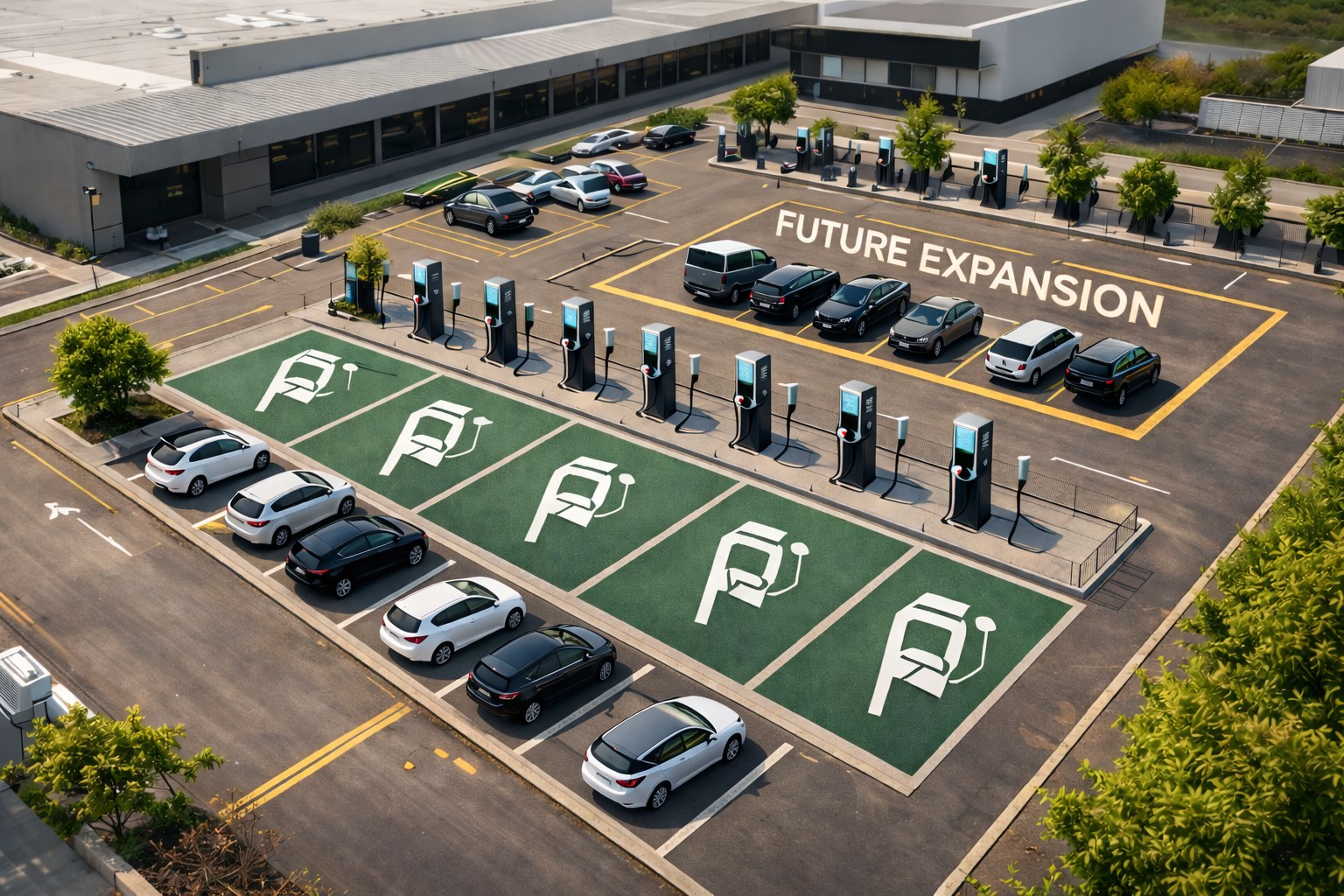If you've been thinking about adding solar panels to your home, you're not alone. More and more households across Wales are making the switch to solar, and it's easy to see why: these nifty energy-smart panels help to lower electricity bills, increase property value, and even contribute to a smaller carbon footprint.
But something many people don't realise is that by adding solar battery storage to your setup, you can improve your energy efficiency even further. Let’s take a look at how solar batteries work and what their benefits are.
How Does Solar Panel Battery Storage Work?
Solar panel battery storage works by saving your solar energy for use in peak hours instead of letting it go back to the grid.
During daylight hours, when solar panels are most productive, many homes actually use less electricity. Without a battery, that surplus energy is sent to the grid, often at a lower rate than what you pay to draw power later. So while you might generate clean energy at 10am, you could still be buying electricity from the grid at 7pm when your usage spikes.
If your solar panels have battery storage, your system will capture that excess daytime energy and hold onto it until you need it most (typically in the evening or early morning). This smart shift helps you to make the most of your solar investment and reduces your dependence on the grid.
How Battery Storage for Solar Panels Improves Energy Efficiency
By storing surplus electricity and timing its release to match your household’s actual usage patterns, you maximise the value of every kilowatt your panels produce. This gives you your own personal energy reserve, making your home more self-sufficient, especially during high-demand hours like early mornings and evenings.

What Size Solar Battery Do You Need?
The most popular size solar battery options are 3kWh and 5kWh systems, which work well for the average household wanting to cover evening essentials like their lighting, fridge, WiFi, TV, and basic appliances.
If you've got a larger home, electric heating, or you're planning to get an electric vehicle, you might want to look at 10kWh or larger systems. Since battery storage is modular, you can start small and add more capacity later if needed.
When we're helping customers choose the right size solar battery, we consider:
- How much electricity your solar panels typically generate
- How many kWh you use in the evening and overnight. This tells us how much stored energy you actually need.
- Whether you're planning to add electric vehicle charging
- Your budget and available space
- Local rules, incentives, and electricity pricing
Key Benefits That Are Often Overlooked
Beyond energy efficiency, solar battery storage brings some other attractive advantages:
Backup power: While some battery systems can provide limited backup power, this feature is not standard across most installations. In setups where it is included, a battery can keep essential circuits running during short power cuts. This is handy for keeping your WiFi and lights on during storms or grid outages, especially if you work from home or rely on connected devices. Some systems even allow you to prioritise which appliances stay powered, giving you more control in unexpected situations.
Better return on investment: You'll get even more value from your solar panels when you're using most of the electricity they generate, rather than exporting it at low rates. By increasing your self-consumption, you reduce the amount of electricity you need to buy, making your system pay for itself faster. Over time, this can lead to significant savings and a shorter payback period.
Future-proofing: As energy prices continue to rise, being less dependent on grid electricity becomes increasingly valuable, as it prevents you from being exposed to unpredictable rate hikes and supply fluctuations.
Will Solar Batteries Improve Your Energy Efficiency Rating?
Yes, adding solar panels with battery storage can improve your Energy Performance Certificate (EPC) rating; however, the level of improvement depends on various factors, including your home's insulation, heating system, and overall energy efficiency.
If you're specifically trying to improve your EPC rating, battery storage works best as part of a broader approach that includes quality insulation, draught-proofing, and efficient heating systems.

Getting the Most From Your Battery
Want to maximise your battery investment? Start with efficiency. The less energy you waste through poor insulation or inefficient appliances, the further your stored solar power will stretch. And don’t forget to consider smart controls. Many modern battery systems can learn your usage patterns and optimise when to charge and discharge automatically.
Planning to get an electric vehicle or heat pump? Always factor this into your system design from the start. That way, you can size your solar and battery setup to meet future demand without costly upgrades later.
Start With an Assessment
Every home is different, and what works for your neighbour might not be the best solution for you. That's why we always suggest starting with a proper assessment of your solar generation potential and energy usage patterns.
At Highland Services, we've been providing building, electrical, and environmental solutions across South Wales and the surrounding areas for decades. Our NICEIC-approved team specialises in installing solar and battery systems that integrate properly with your home's existing electrical setup and meet all safety standards.
We're not about overselling or making unrealistic promises; we focus on finding solutions that deliver noticeable benefits for your specific situation.




.png)